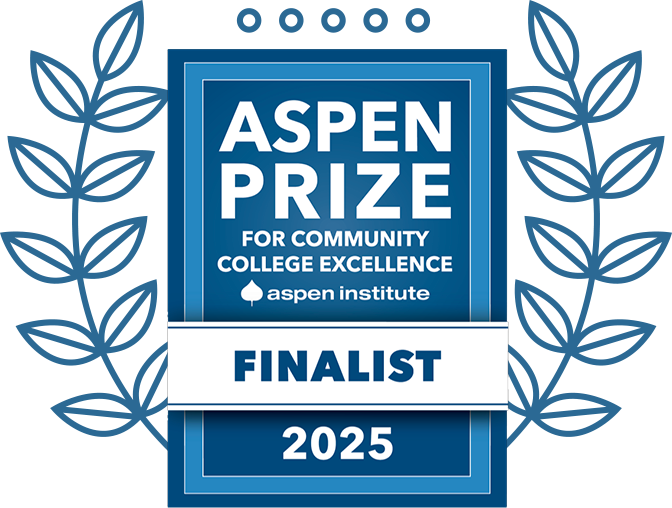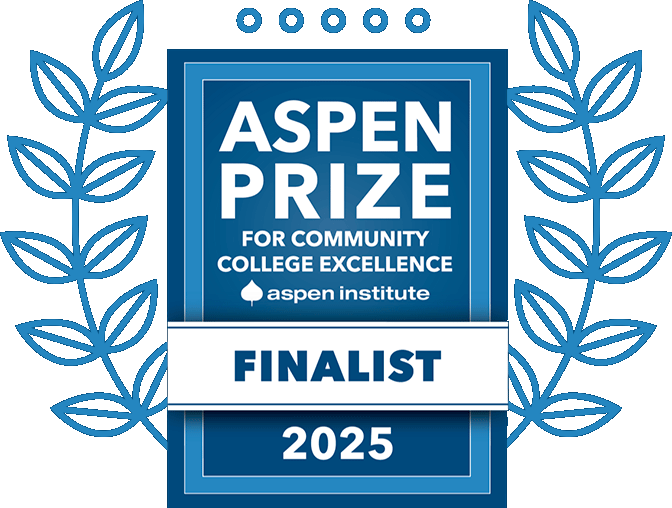Collections
Collection Of Accounts Receivable
Contents:
I. GENERAL STATEMENT ON ACCOUNTS RECEIVABLE
II. GENERAL COLLECTION PROCEDURES
III. RETURNED CHECK COLLECTIONS
VII. COLLECTION AGENCY CONTACT INFORMATION
This financial procedure applies to the collection of accounts receivable by all departments of Georgia Highlands College. This procedure is based on the Board of Regents Business Procedures Manual
Section 10.
- GENERAL STATEMENT ON ACCOUNTS RECEIVABLE [back to the top]Georgia Highlands College (GHC) will require payment in advance for all services and goods provided by the Institution, and thereby avoid the creation of accounts receivable.
- The Board Policy on Payment of Fees and Enrollment of Students requires (with limited exceptions) that all assessed fees be paid in advance by a student before he or she is considered enrolled for any academic term.
- It is recognized that accounts receivable may be generated from certain programs and activities, including but not limited to traffic and parking fines, library fines, bad checks, contracts, the rental of property (conference rooms, etc.), and any damage, loss or liability to the institution properties by others.
- GENERAL COLLECTION PROCEDURES [back to the top]The Institution shall establish a systematic process and procedures for the collection of accounts receivable from all persons, including students and employees of the University. The collection procedures and forms are subject to the approval of the Director of Accounting or his or her designee. The Director will, upon request, assume responsibility of the collection of certain Institutional accounts receivable subject to the receipt of appropriate documentation of such obligations.
- Collection efforts should begin no sooner than thirty (30) days after the occurrence of the obligation.
- Except as otherwise hereinafter provided, a minimum of three (3) letters of contact or billing requesting payment should be sent at 30-day intervals once an account becomes delinquent. An account becomes delinquent based on the payment criteria established by the institution for the type of debt involved. For debts greater than $30.00, the third letter should indicate that the account will be referred to a collection agency if payment is not received with a specified period of time. Sending letters by certified mail is optional. The debtor may also become liable for any additional collection costs for the collection of any amount not paid.
- When an institution's established collection efforts for the type of debt have failed to produce payment, these accounts are classified as defaulted. Any defaulted receivable of $30.00 or more shall be referred to a collection agency within a reasonable time after the final collection letter is sent if the debtor does not respond. Referrals of accounts under $30.00 are not required and no additional collection efforts are required for these accounts. See procedures for write-off of accounts receivable.
- Employee receivables (including student employees) may result from, among other things, traffic and parking fines, library fines, and bad checks. If the procedures in Section 2b have been met and the debt is still delinquent, the debt can be recouped from the employee's paycheck. A notice of intent to withhold must be sent to the employee by registered or certified mail, or personally delivered. Within 15 calendar days of receipt of such notice, the employee must respond to the notice.
- Students must pay any past due debts and obligations incurred in prior terms and all known debts and obligations incurred during the current term before being permitted to pre-register for any future terms. A notice stating the specific amount due should be sent to each student prior to completion of registration. GHC will not issue grade reports, certificates of credit or diplomas to any student with an unpaid or delinquent debt or obligation owed to the institution. In addition, once a petition for bankruptcy has been filed, all holds should be lifted. Accurate records of all correspondence, telephone calls and personal contacts with borrowers shall be maintained and all receivables should be aged appropriately.
- RETURNED CHECK COLLECTIONS [back to the top]
- If any student tenders payment of fees by a check that is subsequently dishonored by the bank, and the check is not redeemed within the specified time period, the institution has the option to not consider this student enrolled at the institution. At the Discretion of the institution, the student may be considered enrolled and will be assessed the applicable returned check fee and will be denied grade reports, transcripts and future registration privileges until such dishonored check is redeemed.
- Any person other than a student or employee who tenders a check for payment for goods or services which is subsequently dishonored shall be given the opportunity to redeem the check and pay the amount due in cash or money order within 10 days.
- A total of three notices shall be sent for any unpaid check with the third notice being the "Final Notice" before the account is referred to an outside collection agency. Please consult the procedures detailed in Section II a-e of this Financial Procedure. The debtor may also become liable for any additional collection costs for the collection of any amount not paid.
- Receipt of two or more bad checks from any person may result in that person becoming ineligible to make payments by check thereafter, or to have any check cashed by the Institution. A record of individuals who have written bad checks should be maintained.
- COLLECTION AGENCIES [back to the top]The collection service should provide for the referral of all types of delinquent accounts and notes from the institution to the designated company only after campus collection efforts have been exhausted. Unless otherwise prohibited by law or regulation, any note or contract which may result in accounts receivable to the institution should contain a provision pursuant to which the person will be responsible for the costs of collection and reasonable attorney fees in the event of default. It should further provide for the assignment of the account or note to the proper agency.
- BANKRUPTCY [back to the top]The Business Office of Georgia Highlands College will designate a university contact for all bankruptcy claims regarding accounts receivables. All bankruptcy claims and debt documentation should be sent to the Business Office to be forwarded to the Georgia Department of Audits and Accounts. No further action against the debtor should be taken until notice of final discharge is received from the Georgia Department of Audits and Accounts.
- LITIGATION [back to the top]A. After all other attempts at collection have failed with general accounts receivables; the institution may authorize litigation of any account providing that the litigation costs do not exceed the amount which can be recovered. Generally the collection services contract will provide for litigation where appropriate.
- COLLECTION AGENCY CONTACT INFORMATION [back to the top]Georgia Highlands College currently contracts with three collection agencies. The primary agency is Williams & Fudge. A Link to the collection agency is provided below. Williams & Fudge


